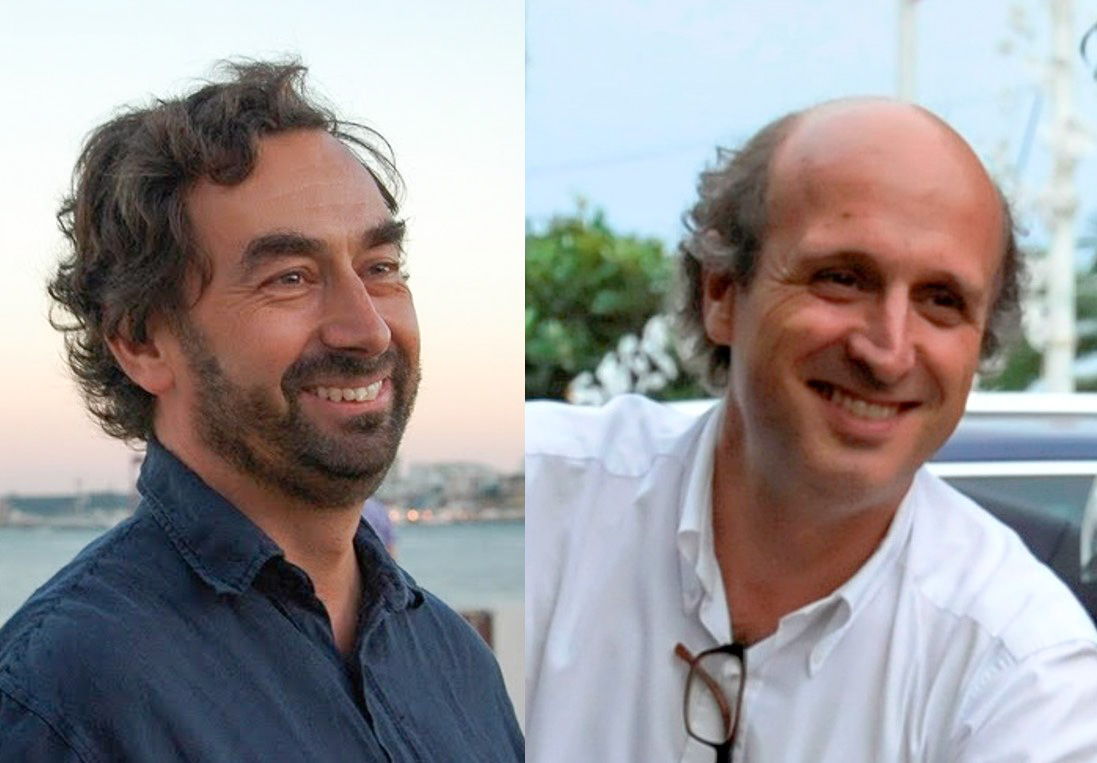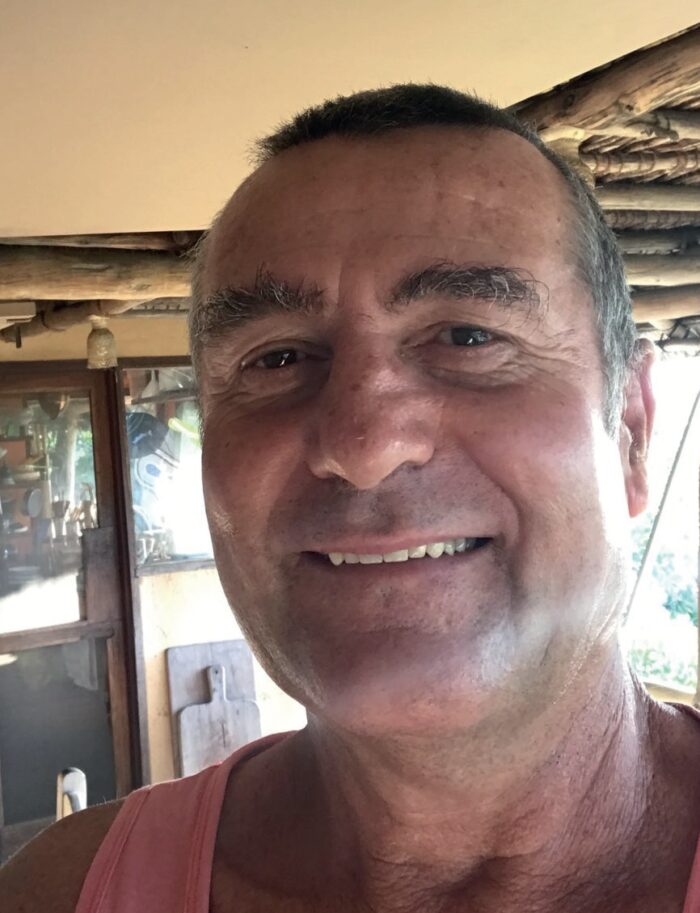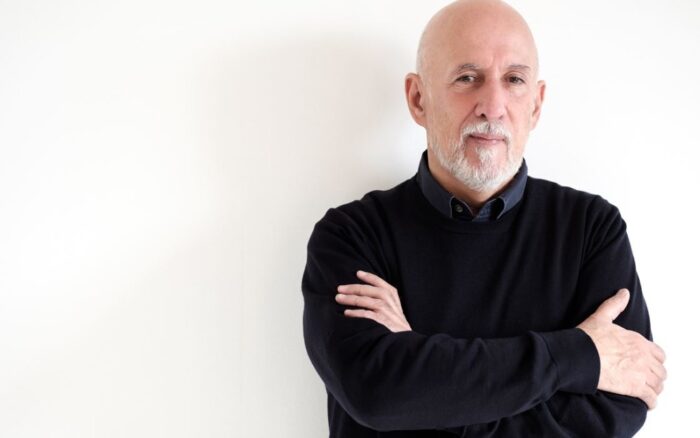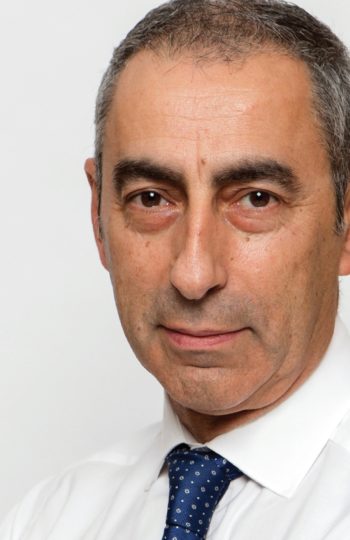A conversation with Arch. Pedro Ravara and Arch. Nuno Vidigal

A conversation with Arch. Pedro Ravara and Arch. Nuno Vidigal
'The relationship with the students is fascinating and fundamental in order to stay "up to date". They are our best specialty magazine'.
What characteristics of your personality, or the way you work, have contributed the most to the founding of the Baixa atelier?
N – Formally, Baixa Atelier was founded in 1991, 3 years after our degree, but in reality we started working together from the 3rd year of school. When we were in the 5th year, the opportunity arose to develop a project for CERCI, in Chelas and, naturally, we did it together. In answer to your question, I think that friendship and joint formation, i.e. the sharing of the same demands, are the basis of our association.
P – When an “association” is formed, even at the beginning, informal, no personalities or consequences are measured. It just happened, because the circumstances of the moment allowed for it. It seems to me that, after all these years, it has been worthwhile!
Both are professors in college. What do you learn from teaching?
P – The relationship between practice and teaching is absolutely complementary. Mainly, in the area of the Project, in which the concerns and themes addressed often end up being common. I feel that when I have little work in the studio (and that tends to be a harsh reality) I have less to say to students, as well as when I am not teaching (like when I was on leave for a doctorate), I was uninspired to work in the studio, and I haven’t exercised for a year! However, at work we develop a project over which we have mastery and a strong intervention, it is our authorship, and at the Faculty the work belongs to the students and we cannot interfere as “designers”, but only as critics.
N – For me, as an Ambiance Design teacher at IADE, teaching is to reflect our professional practice on other points of view, it’s to accept that architecture doesn’t end in itself but is really a fascinating discipline open to different approaches. Then there is the relationship with the students. It is fascinating and fundamental to stay “up to date”. They are our best specialty magazine!
In 2009, you integrated the official Portuguese representation to the 8th São Paulo’s Architecture Biennial, in Brazil. How was the experience?
N – The project Cinco Áfricas, cinco escolas [Five Africas, five schools], commissioned by Arch. Manuel Graça Dias, that represented Portugal in São Paulo, was from the beginning much more ambitious than a mere exhibition of works. The idea was to develop and build 5 schools, for 5 Portuguese-speaking countries in Africa, designed by 5 Portuguese architects / offices, and which themselves also represented 5 “schools”. This involved a lot of conversation among everyone, contacts with local entities, visits to the places and the elaboration of the projects. Each project was accompanied by an architecture critic. The privileged means of presentation was the model. For all this, and for everything it represented to us, the experience was fascinating and very remarkable. Unfortunately, none of the 5 schools have been built to date.
P – This experiment is not over yet. Even if the project is not built, what it has given us is a reflection on the possibility of the architecture to cover a more widespread urban solution. In this project, from an initial module of a school, we ended up also proposing a market, a post office or a health center. These programmatic possibilities emphasize the architectural potential of the solution, making it independent of its ultimate function and create a new urban reality, more controlled and constructively more permanent. It is and will be an ongoing project.
Portugal is in a “crisis”. Does this require a new approach to architecture? Can we talk about low-cost architecture? Is it still a good country to work in?
N – Even in times of crisis, we must not confuse things. The quality of construction may suffer from the crisis, and will have to adapt to new levels of investment, but the nature and quality of architecture are not defined by their cost. There will only be a lower production. At the moment, Portugal is not a good country to work in. There is little investment and unfair competition is common practice. However, it is in Portugal that we want to work. There is a lot of work to do here. Just look at our urban areas.
P – Unfortunately, some people speak of the crisis in a sense of services. The architect’s services imply deontological rules towards colleagues and ethical rules towards clients. Liabilities cannot be discounted, or will surgeons start to do low-cost operations in which there is no anesthesia, or hygienic gloves are missing? There are, however, countries, such as Ireland, where the importance attached to the architect’s work stems from a state investment in teaching the subject, at the level of the first ten years of training at school, from primary level. This policy (because it is a policy of architecture) is now bearing enormous fruit in that country, even with the current crisis that is also affecting them deeply.
I’ve noticed that Pedro is a member of the National Directive Council of the Order of Architects. Do you feel that it is important to intervene in the coordination of issues that interest the profession? And how does Nuno see this role, being outside OA?
P – Someone will have to do it! It is still a choice, nobody forced me, but I feel that it is a civic part of my life, therefore important. However, it is sometimes difficult, because the role of the OA member, and I as a member also did, is to criticize OA, and the essential role of the OA manager(s) is to know how to listen to these criticisms and then go and try to solve the problems that OA faces, which are becoming more and more complex.
N – Pedro is by nature an active person. Now it’s the Order, but it was once the master’s, the doctorate, it’s the classes… After the Order, it will be something else. It is good that he spends some of your energy outside the studio!
This interview is part of Revista Artes & Letras # 48, December 2013
Partially automatic translation from portuguese: some expressions may differ from their actual meaning.
News & Interviews
A conversation with Arch. Yorick Houdayer
‘The children at Fortaleza beach called me "Amigo Manholiho", a friend who rewards. I kept this name until today, forcing myself to respect the moral contract embed in the name’ Read more
A conversation with Arch. Carrilho da Graça
‘Architects are always trying to communicate, in a perfect way, what they think (...) I cannot say that there is one that is‘ the’ work. I am always trying to achieve perfection.' Read more
A conversation with Eng. António Sousa
‘Brisa stopped seeing infrastructures only as a channel that receives vehicles and focused on people, […] on the global universe of mobility, and is already present in other segments of the chain.’ Read more




